|
ABSTRACT:
Electron-electron interactions in low-dimensional systems have
attracted a great deal of attention in recent years. We show that
arrays of large, strongly coupled quantum dots present an analytically
tractable, yet non-trivial model of such systems.
A single dot strongly coupled to leads exhibits almost no Coulomb
blockade (save for corrections that are exponentially small in the
dot-lead conductance). In the array geometry with large inter-grain
conductance g>>1, however, the interactions drive the system into
an insulating state with a charge gap proportional to exp(-g).
The latter reflects the energy cost to create a large-size,
unit-charge soliton -- the only charged excitation the system
supports. In 2d, such solitons bring about a
Berezinskii-Kosterlitz-Thouless crossover at a certain (g-dependent)
critical temperature.
Upon changing the charge imbalance (e.g. by a gate voltage), the array
undergoes a phase transition into the pinned Wigner crystal state. The
model, thus, allows one to follow the system from a good metal (at
high temperature) all the way to the Wigner crystal insulator (at low
temperature) within a single framework.
|
Condensed Matter Seminar Monday, February 23, 2004 4:00 PM Physics Building, Room 204 Note special date. Note special time. Note special room. Special Condensed Matter Seminar. |
To add a speaker, send an email to phys-speakers@Virginia.EDU. Please include the seminar type (e.g. Condensed Matter Seminars), date, name of the speaker, title of talk, and an abstract (if available).
 Physics at Virginia
Physics at Virginia